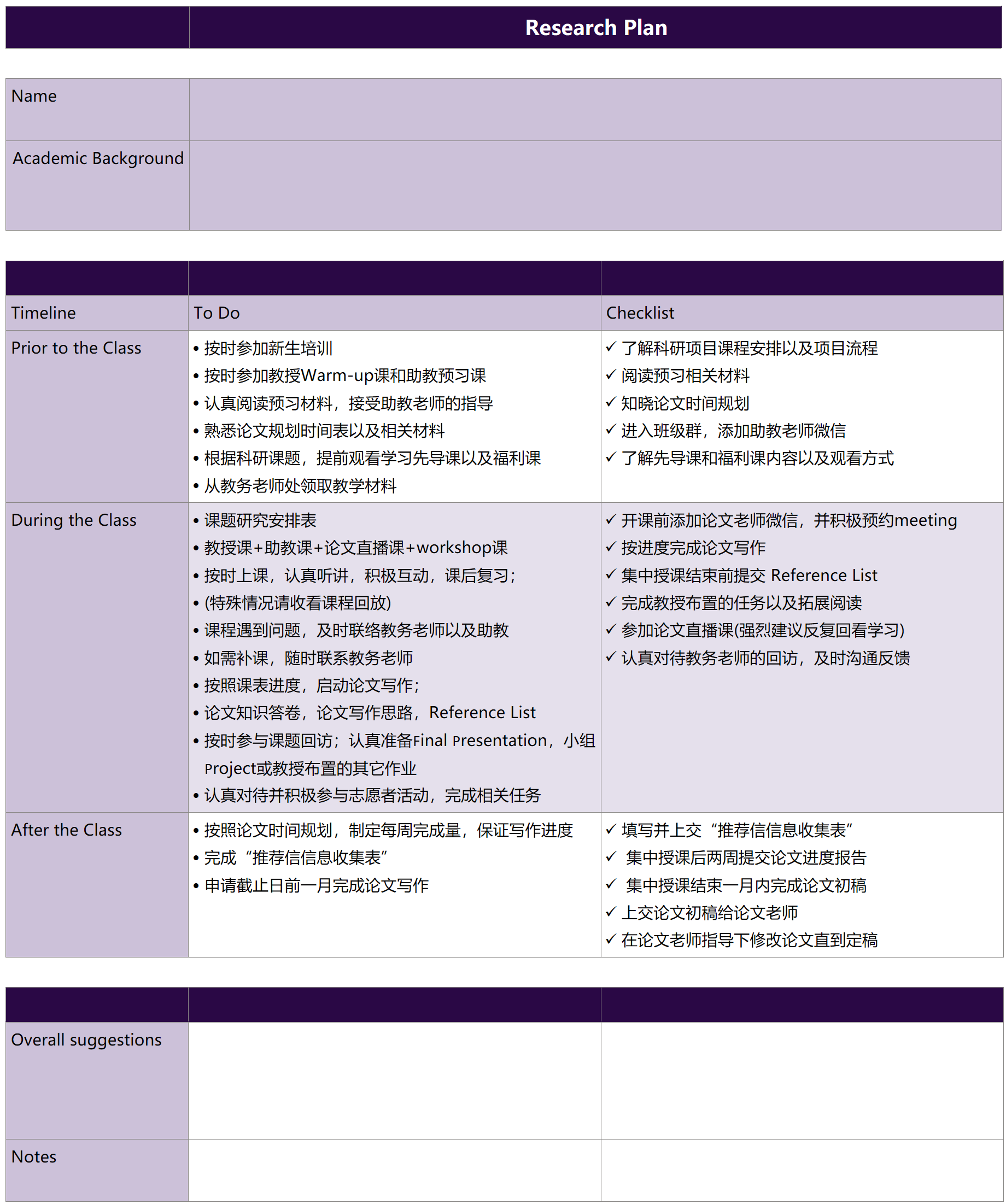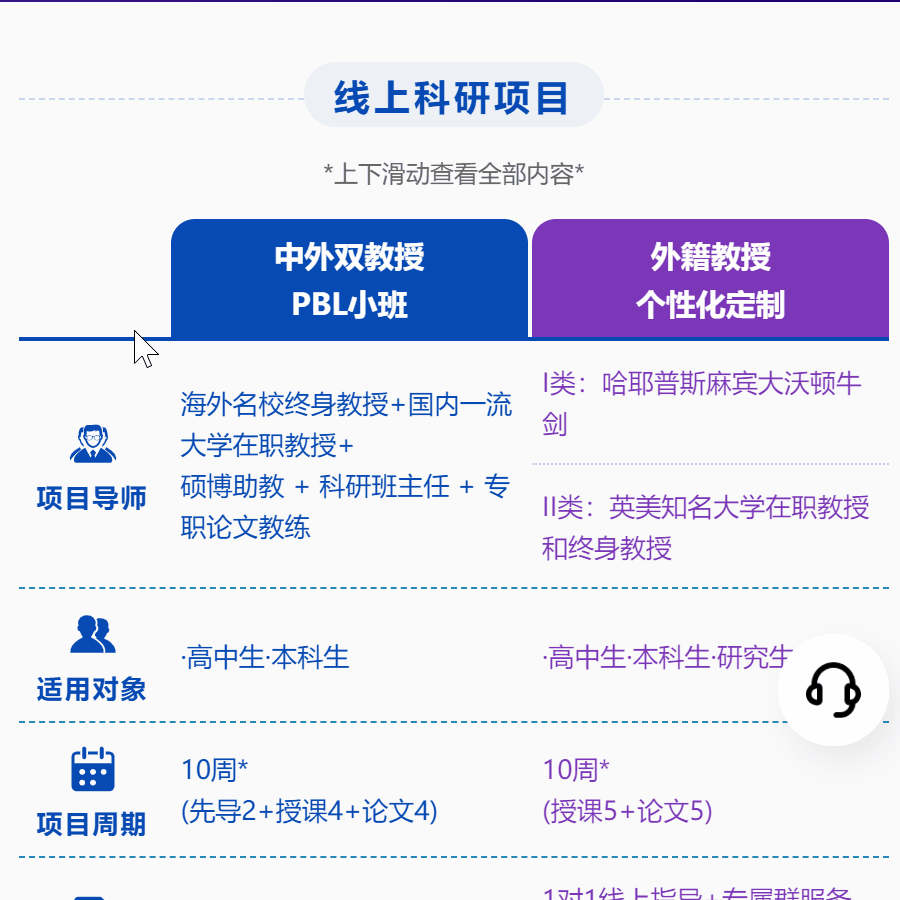
I. What is the Essence of Scientific Research?
Research, as the name implies: scientific study. It can be subdivided into natural science research and social science research. The scope and levels it encompasses are too broad and diverse to be summed up in a single statement, but the key to science is still “research.”
And as everyone knows, isn’t research the task of graduate students? Master’s and doctoral students earn their degrees through the results of their research.
The question is, after university students ensure their GPA and complete their thesis, they can get a diploma, and after high school students score high, they can get into prestigious schools. So, why should they engage in research? Can they even conduct research? Isn’t it just imitating without understanding or affecting an elaborate but insincere display?
Students participating in research is a type of educational category, or perhaps a social phenomenon—we won’t debate this for now, let’s first rationally analyze the reasonableness of its existence.
Students are always learning knowledge, participating in various exams, doing homework, and engaging in competitions, all to assess their grasp of knowledge. On a higher level, it is to assess their ability to apply knowledge.
Students who participate in research projects for the first time suddenly find that without the exam papers and questions, all the formulas and theorems in their heads suddenly become inactive, or to say, even if they want to write a scientific paper, they find that so much knowledge is scattered and disorganized, without logic, and they don’t know where to start.
Therefore, for students, the essence of learning is the “input” of knowledge, while the essence of research is the “output” of ability.
II. What are the Specific Contents and Tasks of Online Research?
Research activities, being a type of activity, definitely have specific settings.
The conventional settings include a studio, a laboratory, a forum, factory workshops, or natural environments like mountains, rivers, lakes, vegetation, animals, etc., with different settings serving different research topics and having certain requirements for research outcomes.
However, for student research projects based on “education” and “ability output,” the “outcome” requirement of research is only the self-improvement of the researcher’s abilities.
As long as the resources for conducting research are abundant, such as literature materials, mentor qualifications and experience, the setting and form can be diversified.
Thus, there is the education format of online research, which is rich in the characteristics of the era. Of course, the development of the internet has also brought unprecedented convenience to the conduct of research activities.
III. What Can Be Gained from Participating in Research Activities?
In the process of research, the greatest difficulty for students is actually overcoming themselves.
This involves adjusting their own outdated or even erroneous ways of thinking;
refining their weak and superficial judgment and logic;
challenging and breaking through their ingrained ways of dealing with people and habits…
Therefore, students can use the following points of achievement to verify the success or failure of their participation in research projects:
IV. Selecting a Research Topic
The following image shows how to select a research topic on the online research page:


